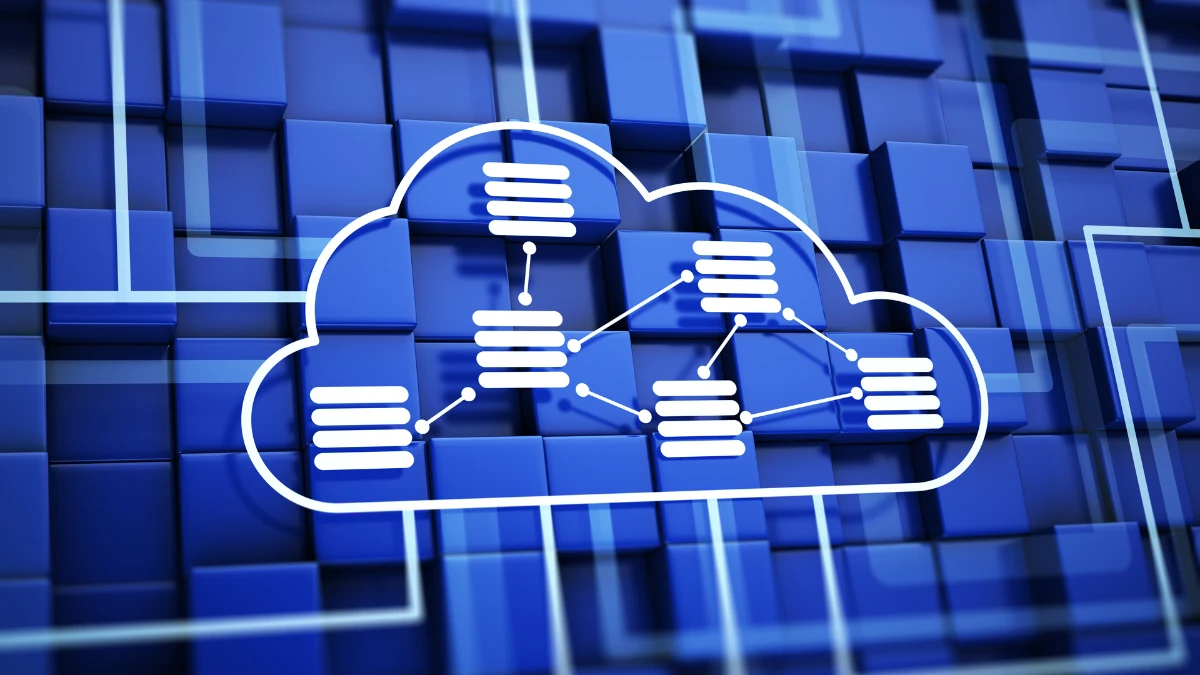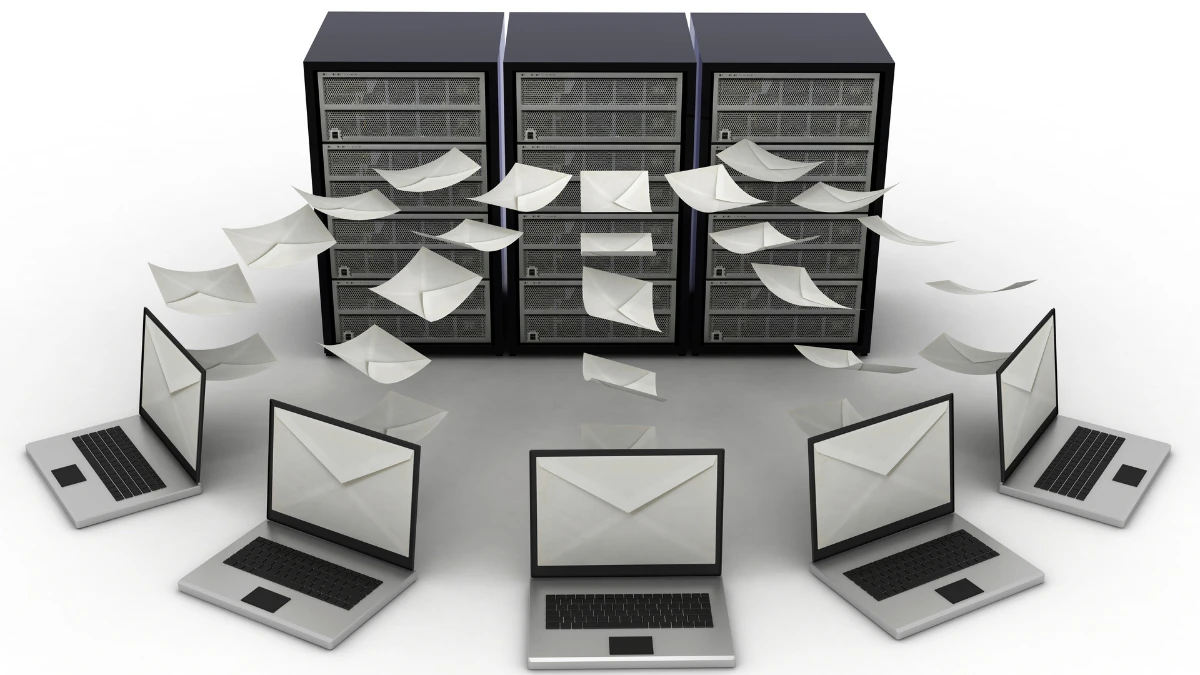The presence of a server provides a digital service center to other computer devices connected through a network. One type of server, according to its function, is the mail server, which offers several key functions and advantages.
The functions of a mail server include sending emails to filtering spam, and viruses. Moreover, the advantages include work efficiency, flexibility and control, better security, and privacy.
This article will give you information on mail servers, including definitions, functions, and the advantages they have.
What is a Mail Server?

A mail server is a type of device that functions to manage sending, receiving, and storing emails. The server will ensure that emails between users are sent and received safely. With its ability to send more marketing emails at once to recipients, this device is often used by businesspeople.
The Functions
The mail server has several functions, from sending emails to filtering spam and viruses. Here are some of its functions:
- Sending emails: With the Simple Mail Transfer Protocol (SMTP) protocol send emails from the sender to the recipient’s server.
- Receiving emails: Receive incoming emails and store them before distributing them to recipients.
- Filtering spam and viruses: Filters incoming emails, detecting and discarding spam or virus-containing emails before they reach the user’s inbox.
The Advantages

The mail server has several advantages, from work efficiency, flexibility, and control, to better security and privacy. Here are some of its main advantages in detail:
1. Work efficiency
One of the advantages of a mail server is work efficiency. With this server, internal company communication becomes more efficient and faster. Emails will be managed more efficiently, including spam filtering and email delivery.
2. Making email professional
Making email professional is another advantage of this server. You can have an email with your business domain name so that it enhances the professional image of your company.
3. Flexibility and control

Mail servers offer great flexibility, even to be integrated with other applications according to your needs. Not only that, the storage capacity on the server can also be customized according to your needs.
4. Reliability and ease of maintenance
Reliability and ease of maintenance are other advantages of this server. Technical support and server maintenance will help you to prevent damage or data loss.
5. Better security and privacy
Another advantage of mail servers is better security and privacy. With this server, you have full control, so that people who do not have access will not be able to access it. And with this server, your email will be equipped with security features such as encryption, spam filters, and virus scans to protect sensitive data.
Those are the definitions, functions, and advantages of a mail server that you need to know. Another thing to note is that server on the market must pass the certification test from the Directorate General of Digital Infrastructure (DJID).
Server regulation is based on the Ministerial Decree (KEPMEN) No. 60 Tahun 2022, which requires all radio frequency-based devices to meet specific technical standards before being sold in the country.
With a DJID certification, users can feel calm about using a server device whose quality and security are guaranteed. For manufacturers or importers of server devices, obtaining certification from DJID is a mandatory step before the device can be officially marketed in Indonesia.
To simplify the certification process, Type Approval Certification Services for ICT Products are available to assist with this process as a reliable solution. [UN].

